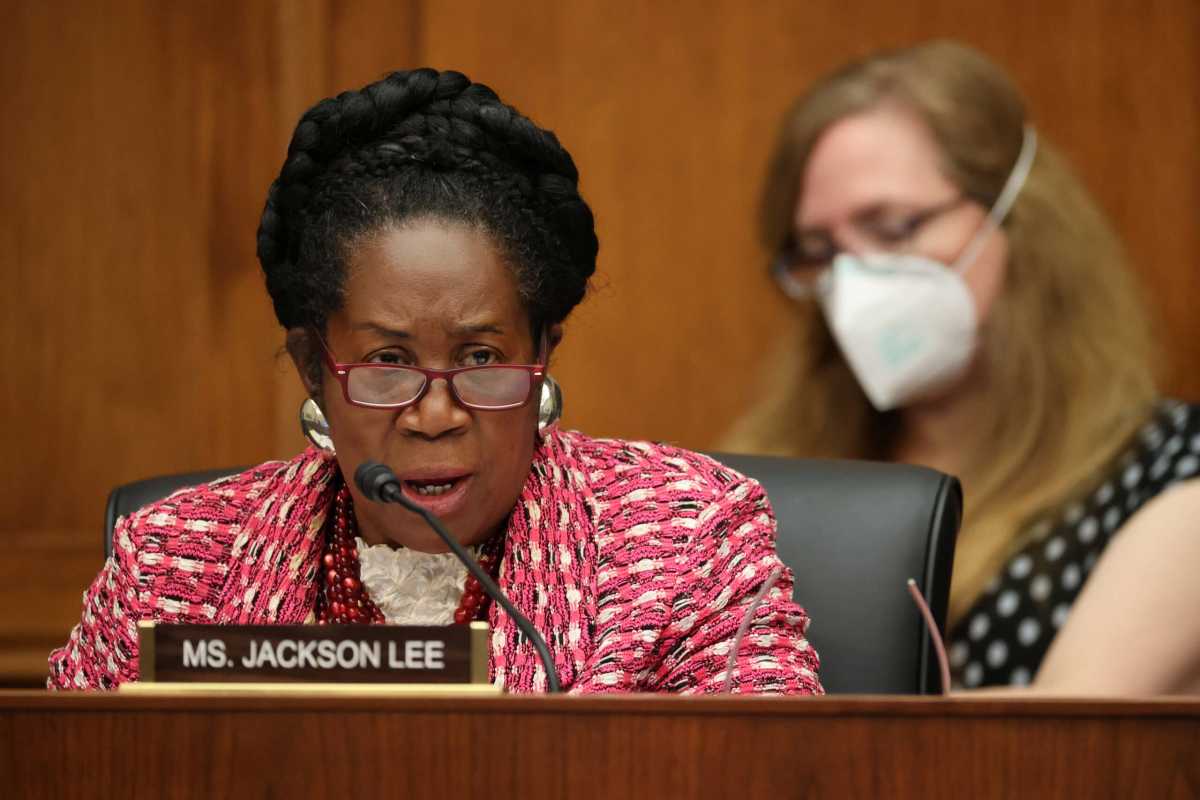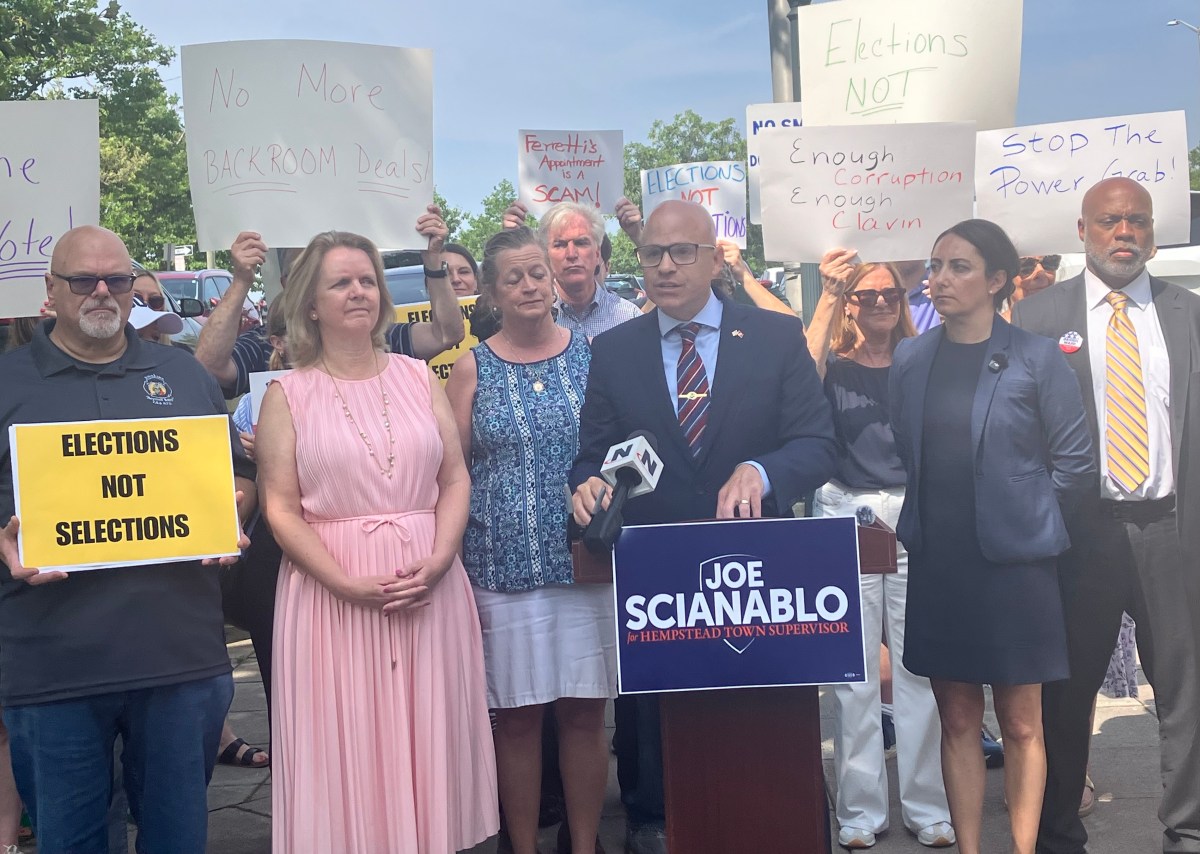Clearly encouraged by the positive global reaction to the Black Lives Matter (BLM) movement, Caribbean groups and governments fighting to make former European nations pay reparations for the brutal trans Atlantic slave trade this week again demanded the commencement of formal talks with Europe, pointing to growing awareness and activism in the US, Africa and Latin America as signs that some form of progress is near.
But the region is also reacting to circumstances and is tweaking its tactics and strategies as regional leaders recently have decided to formally now engage governments in Africa to help bolster their already strong case for nations including Spain, Portugal, Britain, The Netherlands, and France to compensate the descendants of enslaved Africans for what critics say is among the worst genocide in human history. Two years ago, the CRC and governments added Sweden, Switzerland, Norway and Russia, contending that recent research had shown that they had also played their own genocidal part in slavery and would be included in any lawsuits by the region in the coming months.
Recently, CARICOM member nation, Grenada, and Botswana moved to form a reparations advocacy group at the United Nations to deal with the issue. Already 68 countries have signed on to the movement officials said.
In a statement carried on the website of the CARICOM Secretariat this week, the umbrella CARICOM Reparations Commission (CRC) said it was “encouraged by the progress being made in the United States to bring the HR40 bill to the floor of the US House of Representatives for a vote in the weeks ahead. The CRC also notes the results of a recent public poll conducted by the Congressional Black Caucus, which shows reparations as the number one issue on the minds of the African American electorate.”
The HR 40 bill, piloted by veteran Texas Democrat Sheila Jackson Lee basically establishes a commission to study and develop reparations proposals for African American fighting for reparatory justice. “The commission shall examine slavery and discrimination in the colonies and the United States from 1619 to the present and recommend appropriate remedies. Among other requirements, the commission shall identify the role of the federal and state governments in supporting the institution of slavery, forms of discrimination in the public and private sectors against freed slaves and their descendants, and lingering negative effects of slavery on living African-Americans and society.”
CARICOM officials said that while they are still demanding formal talks with Europe, it is way better to team up with African nations to both compare notes and add to the body of research and evidence that could be presented to a court, representative governments and any arbitral bodies that may preside over a case for reparations. Regional leaders had nearly a decade ago decided to formally push forward the case for reparations. The CRC had traveled throughout the region consulting with citizens, forming national commissions and commissioning research on slavery and its effects. “The Reparations Movement has, indeed, become the greatest political, social justice and human rights campaign of the 21st Century, uniting its advocates across all geographic spaces and building solidarity bridges where colonialism sought to break them,” the body said.
In the past week for example, Jamaica signaled its intention to petition Britain for nearly Sterling 8 billion or about US$10.5 billion for its own role in the slave trade. Lawmaker Mike Henry was quoted by Reuters as saying that “I am asking for the same amount of money to be paid to the slaves that was paid to the slave owners.” Supporting Henry was Minister of Culture, Olivia Grange who said that “our African ancestors were forcibly removed from their home and suffered unparalleled atrocities in Africa to carry out forced labor to the benefit of the British Empire,” as Jamaica made its case and world headlines in its latest battle for justice for descendants of slavery.
Leigh Day, the British law firm working for regional governments has already said the case is super strong and it is ready to engage European governments.

















